Here's the complete list of all the vulnerabilities addressed with the Patch Tuesday August 2024 updates
Update your device as soon as possible.
8 min. read
Published on
Read our disclosure page to find out how can you help Windows Report sustain the editorial team. Read more

Microsoft’s latest Patch Tuesday for August 2024 addressed 90 vulnerabilities, including six zero-day exploits. Fortunately, the six actively exploited vulnerabilities were neutralized just in time.
Among the patched vulnerabilities, a mix of elevation of privilege, remote code execution, and information disclosure issues were addressed. The elevation of privilege flaws is particularly sneaky, allowing attackers to gain unauthorized access and control over a system, escalating from a mere visitor to having the same rights as the house owner. Remote code execution vulnerabilities, on the other hand, are like allowing someone to remotely control your computer, turning it into a puppet to perform malicious activities.
One of the zero-days, CVE-2024-38178, involved the Microsoft Edge browser in Internet Explorer Mode, a setting that brings users back to the days of Internet Explorer for compatibility reasons. This flaw could let attackers run malicious code on a victim’s computer just by visiting a compromised website.
Another critical issue, CVE-2024-38213, allowed malware to bypass Windows’ Mark of the Web security feature. This feature is like the digital equivalent of a “Beware of Dog” sign, warning users about the potential danger of files downloaded from the internet. Bypassing this could trick users into thinking a malicious file is safe, leading to trouble.
The updates didn’t stop at just fixing vulnerabilities. Microsoft also addressed issues in various products, including Office, .NET, Visual Studio, and Azure. It’s like conducting a full-scale operation to ensure every nook and cranny of your digital home is safe and secure.
Below is the complete list of all the vulnerabilities addressed with the Patch Tuesday, August 2024 pack:
| Tag | CVE ID | CVE Title | Severity |
|---|---|---|---|
| .NET and Visual Studio | CVE-2024-38168 | .NET and Visual Studio Denial of Service Vulnerability | Important |
| .NET and Visual Studio | CVE-2024-38167 | .NET and Visual Studio Information Disclosure Vulnerability | Important |
| Azure Connected Machine Agent | CVE-2024-38162 | Azure Connected Machine Agent Elevation of Privilege Vulnerability | Important |
| Azure Connected Machine Agent | CVE-2024-38098 | Azure Connected Machine Agent Elevation of Privilege Vulnerability | Important |
| Azure CycleCloud | CVE-2024-38195 | Azure CycleCloud Remote Code Execution Vulnerability | Important |
| Azure Health Bot | CVE-2024-38109 | Azure Health Bot Elevation of Privilege Vulnerability | Critical |
| Azure IoT SDK | CVE-2024-38158 | Azure IoT SDK Remote Code Execution Vulnerability | Important |
| Azure IoT SDK | CVE-2024-38157 | Azure IoT SDK Remote Code Execution Vulnerability | Important |
| Azure Stack | CVE-2024-38108 | Azure Stack Hub Spoofing Vulnerability | Important |
| Azure Stack | CVE-2024-38201 | Azure Stack Hub Elevation of Privilege Vulnerability | Important |
| Line Printer Daemon Service (LPD) | CVE-2024-38199 | Windows Line Printer Daemon (LPD) Service Remote Code Execution Vulnerability | Important |
| Microsoft Bluetooth Driver | CVE-2024-38123 | Windows Bluetooth Driver Information Disclosure Vulnerability | Important |
| Microsoft Copilot Studio | CVE-2024-38206 | Microsoft Copilot Studio Information Disclosure Vulnerability | Critical |
| Microsoft Dynamics | CVE-2024-38166 | Microsoft Dynamics 365 Cross-site Scripting Vulnerability | Critical |
| Microsoft Dynamics | CVE-2024-38211 | Microsoft Dynamics 365 (on-premises) Cross-site Scripting Vulnerability | Important |
| Microsoft Edge (Chromium-based) | CVE-2024-7256 | Chromium: CVE-2024-7256 Insufficient data validation in Dawn | Unknown |
| Microsoft Edge (Chromium-based) | CVE-2024-7536 | Chromium: CVE-2024-7550 Type Confusion in V8 | Unknown |
| Microsoft Edge (Chromium-based) | CVE-2024-6990 | Chromium: CVE-2024-6990 Uninitialized Use in Dawn | Unknown |
| Microsoft Edge (Chromium-based) | CVE-2024-7255 | Chromium: CVE-2024-7255 Out of bounds read in WebTransport | Unknown |
| Microsoft Edge (Chromium-based) | CVE-2024-7534 | Chromium: CVE-2024-7535 Inappropriate implementation in V8 | Unknown |
| Microsoft Edge (Chromium-based) | CVE-2024-7532 | Chromium: CVE-2024-7533 Use after free in Sharing | Unknown |
| Microsoft Edge (Chromium-based) | CVE-2024-7550 | Chromium: CVE-2024-7532 Out of bounds memory access in ANGLE | Unknown |
| Microsoft Edge (Chromium-based) | CVE-2024-7535 | Chromium: CVE-2024-7536 Use after free in WebAudio | Unknown |
| Microsoft Edge (Chromium-based) | CVE-2024-7533 | Chromium: CVE-2024-7534 Heap buffer overflow in Layout | Unknown |
| Microsoft Edge (Chromium-based) | CVE-2024-38218 | Microsoft Edge (HTML-based) Memory Corruption Vulnerability | Important |
| Microsoft Edge (Chromium-based) | CVE-2024-38219 | Microsoft Edge (Chromium-based) Remote Code Execution Vulnerability | Moderate |
| Microsoft Edge (Chromium-based) | CVE-2024-38222 | Microsoft Edge (Chromium-based) Information Disclosure Vulnerability | Unknown |
| Microsoft Local Security Authority Server (lsasrv) | CVE-2024-38118 | Microsoft Local Security Authority (LSA) Server Information Disclosure Vulnerability | Important |
| Microsoft Local Security Authority Server (lsasrv) | CVE-2024-38122 | Microsoft Local Security Authority (LSA) Server Information Disclosure Vulnerability | Important |
| Microsoft Office | CVE-2024-38200 | Microsoft Office Spoofing Vulnerability | Important |
| Microsoft Office | CVE-2024-38084 | Microsoft OfficePlus Elevation of Privilege Vulnerability | Important |
| Microsoft Office Excel | CVE-2024-38172 | Microsoft Excel Remote Code Execution Vulnerability | Important |
| Microsoft Office Excel | CVE-2024-38170 | Microsoft Excel Remote Code Execution Vulnerability | Important |
| Microsoft Office Outlook | CVE-2024-38173 | Microsoft Outlook Remote Code Execution Vulnerability | Important |
| Microsoft Office PowerPoint | CVE-2024-38171 | Microsoft PowerPoint Remote Code Execution Vulnerability | Important |
| Microsoft Office Project | CVE-2024-38189 | Microsoft Project Remote Code Execution Vulnerability | Important |
| Microsoft Office Visio | CVE-2024-38169 | Microsoft Office Visio Remote Code Execution Vulnerability | Important |
| Microsoft Streaming Service | CVE-2024-38134 | Kernel Streaming WOW Thunk Service Driver Elevation of Privilege Vulnerability | Important |
| Microsoft Streaming Service | CVE-2024-38144 | Kernel Streaming WOW Thunk Service Driver Elevation of Privilege Vulnerability | Important |
| Microsoft Streaming Service | CVE-2024-38125 | Kernel Streaming WOW Thunk Service Driver Elevation of Privilege Vulnerability | Important |
| Microsoft Teams | CVE-2024-38197 | Microsoft Teams for iOS Spoofing Vulnerability | Important |
| Microsoft WDAC OLE DB provider for SQL | CVE-2024-38152 | Windows OLE Remote Code Execution Vulnerability | Important |
| Microsoft Windows DNS | CVE-2024-37968 | Windows DNS Spoofing Vulnerability | Important |
| Reliable Multicast Transport Driver (RMCAST) | CVE-2024-38140 | Windows Reliable Multicast Transport Driver (RMCAST) Remote Code Execution Vulnerability | Critical |
| Windows Ancillary Function Driver for WinSock | CVE-2024-38141 | Windows Ancillary Function Driver for WinSock Elevation of Privilege Vulnerability | Important |
| Windows Ancillary Function Driver for WinSock | CVE-2024-38193 | Windows Ancillary Function Driver for WinSock Elevation of Privilege Vulnerability | Important |
| Windows App Installer | CVE-2024-38177 | Windows App Installer Spoofing Vulnerability | Important |
| Windows Clipboard Virtual Channel Extension | CVE-2024-38131 | Clipboard Virtual Channel Extension Remote Code Execution Vulnerability | Important |
| Windows Cloud Files Mini Filter Driver | CVE-2024-38215 | Windows Cloud Files Mini Filter Driver Elevation of Privilege Vulnerability | Important |
| Windows Common Log File System Driver | CVE-2024-38196 | Windows Common Log File System Driver Elevation of Privilege Vulnerability | Important |
| Windows Compressed Folder | CVE-2024-38165 | Windows Compressed Folder Tampering Vulnerability | Important |
| Windows Deployment Services | CVE-2024-38138 | Windows Deployment Services Remote Code Execution Vulnerability | Important |
| Windows DWM Core Library | CVE-2024-38150 | Windows DWM Core Library Elevation of Privilege Vulnerability | Important |
| Windows DWM Core Library | CVE-2024-38147 | Microsoft DWM Core Library Elevation of Privilege Vulnerability | Important |
| Windows Initial Machine Configuration | CVE-2024-38223 | Windows Initial Machine Configuration Elevation of Privilege Vulnerability | Important |
| Windows IP Routing Management Snapin | CVE-2024-38114 | Windows IP Routing Management Snapin Remote Code Execution Vulnerability | Important |
| Windows IP Routing Management Snapin | CVE-2024-38116 | Windows IP Routing Management Snapin Remote Code Execution Vulnerability | Important |
| Windows IP Routing Management Snapin | CVE-2024-38115 | Windows IP Routing Management Snapin Remote Code Execution Vulnerability | Important |
| Windows Kerberos | CVE-2024-29995 | Windows Kerberos Elevation of Privilege Vulnerability | Important |
| Windows Kernel | CVE-2024-38151 | Windows Kernel Information Disclosure Vulnerability | Important |
| Windows Kernel | CVE-2024-38133 | Windows Kernel Elevation of Privilege Vulnerability | Important |
| Windows Kernel | CVE-2024-38127 | Windows Hyper-V Elevation of Privilege Vulnerability | Important |
| Windows Kernel | CVE-2024-38153 | Windows Kernel Elevation of Privilege Vulnerability | Important |
| Windows Kernel | CVE-2024-38106 | Windows Kernel Elevation of Privilege Vulnerability | Important |
| Windows Kernel-Mode Drivers | CVE-2024-38187 | Windows Kernel-Mode Driver Elevation of Privilege Vulnerability | Important |
| Windows Kernel-Mode Drivers | CVE-2024-38191 | Kernel Streaming Service Driver Elevation of Privilege Vulnerability | Important |
| Windows Kernel-Mode Drivers | CVE-2024-38184 | Windows Kernel-Mode Driver Elevation of Privilege Vulnerability | Important |
| Windows Kernel-Mode Drivers | CVE-2024-38186 | Windows Kernel-Mode Driver Elevation of Privilege Vulnerability | Important |
| Windows Kernel-Mode Drivers | CVE-2024-38185 | Windows Kernel-Mode Driver Elevation of Privilege Vulnerability | Important |
| Windows Layer-2 Bridge Network Driver | CVE-2024-38146 | Windows Layer-2 Bridge Network Driver Denial of Service Vulnerability | Important |
| Windows Layer-2 Bridge Network Driver | CVE-2024-38145 | Windows Layer-2 Bridge Network Driver Denial of Service Vulnerability | Important |
| Windows Mark of the Web (MOTW) | CVE-2024-38213 | Windows Mark of the Web Security Feature Bypass Vulnerability | Moderate |
| Windows Mobile Broadband | CVE-2024-38161 | Windows Mobile Broadband Driver Remote Code Execution Vulnerability | Important |
| Windows Network Address Translation (NAT) | CVE-2024-38132 | Windows Network Address Translation (NAT) Denial of Service Vulnerability | Important |
| Windows Network Address Translation (NAT) | CVE-2024-38126 | Windows Network Address Translation (NAT) Denial of Service Vulnerability | Important |
| Windows Network Virtualization | CVE-2024-38160 | Windows Network Virtualization Remote Code Execution Vulnerability | Critical |
| Windows Network Virtualization | CVE-2024-38159 | Windows Network Virtualization Remote Code Execution Vulnerability | Critical |
| Windows NT OS Kernel | CVE-2024-38135 | Windows Resilient File System (ReFS) Elevation of Privilege Vulnerability | Important |
| Windows NTFS | CVE-2024-38117 | NTFS Elevation of Privilege Vulnerability | Important |
| Windows Power Dependency Coordinator | CVE-2024-38107 | Windows Power Dependency Coordinator Elevation of Privilege Vulnerability | Important |
| Windows Print Spooler Components | CVE-2024-38198 | Windows Print Spooler Elevation of Privilege Vulnerability | Important |
| Windows Resource Manager | CVE-2024-38137 | Windows Resource Manager PSM Service Extension Elevation of Privilege Vulnerability | Important |
| Windows Resource Manager | CVE-2024-38136 | Windows Resource Manager PSM Service Extension Elevation of Privilege Vulnerability | Important |
| Windows Routing and Remote Access Service (RRAS) | CVE-2024-38130 | Windows Routing and Remote Access Service (RRAS) Remote Code Execution Vulnerability | Important |
| Windows Routing and Remote Access Service (RRAS) | CVE-2024-38128 | Windows Routing and Remote Access Service (RRAS) Remote Code Execution Vulnerability | Important |
| Windows Routing and Remote Access Service (RRAS) | CVE-2024-38154 | Windows Routing and Remote Access Service (RRAS) Remote Code Execution Vulnerability | Important |
| Windows Routing and Remote Access Service (RRAS) | CVE-2024-38121 | Windows Routing and Remote Access Service (RRAS) Remote Code Execution Vulnerability | Important |
| Windows Routing and Remote Access Service (RRAS) | CVE-2024-38214 | Windows Routing and Remote Access Service (RRAS) Information Disclosure Vulnerability | Important |
| Windows Routing and Remote Access Service (RRAS) | CVE-2024-38120 | Windows Routing and Remote Access Service (RRAS) Remote Code Execution Vulnerability | Important |
| Windows Scripting | CVE-2024-38178 | Scripting Engine Memory Corruption Vulnerability | Important |
| Windows Secure Boot | CVE-2022-3775 | Redhat: CVE-2022-3775 grub2 – Heap based out-of-bounds write when rendering certain Unicode sequences | Critical |
| Windows Secure Boot | CVE-2023-40547 | Redhat: CVE-2023-40547 Shim – RCE in HTTP boot support may lead to secure boot bypass | Critical |
| Windows Secure Boot | CVE-2022-2601 | Redhat: CVE-2022-2601 grub2 – Buffer overflow in grub_font_construct_glyph() can lead to out-of-bound write and possible secure boot bypass | Important |
| Windows Secure Kernel Mode | CVE-2024-21302 | Windows Secure Kernel Mode Elevation of Privilege Vulnerability | Important |
| Windows Secure Kernel Mode | CVE-2024-38142 | Windows Secure Kernel Mode Elevation of Privilege Vulnerability | Important |
| Windows Security Center | CVE-2024-38155 | Security Center Broker Information Disclosure Vulnerability | Important |
| Windows SmartScreen | CVE-2024-38180 | Windows SmartScreen Security Feature Bypass Vulnerability | Important |
| Windows TCP/IP | CVE-2024-38063 | Windows TCP/IP Remote Code Execution Vulnerability | Critical |
| Windows Transport Security Layer (TLS) | CVE-2024-38148 | Windows Secure Channel Denial of Service Vulnerability | Important |
| Windows Update Stack | CVE-2024-38202 | Windows Update Stack Elevation of Privilege Vulnerability | Important |
| Windows Update Stack | CVE-2024-38163 | Windows Update Stack Elevation of Privilege Vulnerability | Important |
| Windows WLAN Auto Config Service | CVE-2024-38143 | Windows WLAN AutoConfig Service Elevation of Privilege Vulnerability | Important |
All of these fixes were released with the latest Patch Tuesday pack of August 2024, which was released for the different versions of Windows. For instance, Windows 11 24H2 got the KB5041571 patch; Windows 11 23H2 and 22H2 got the KB5041585 patch; and Windows 10 got the KB5041580 patch.

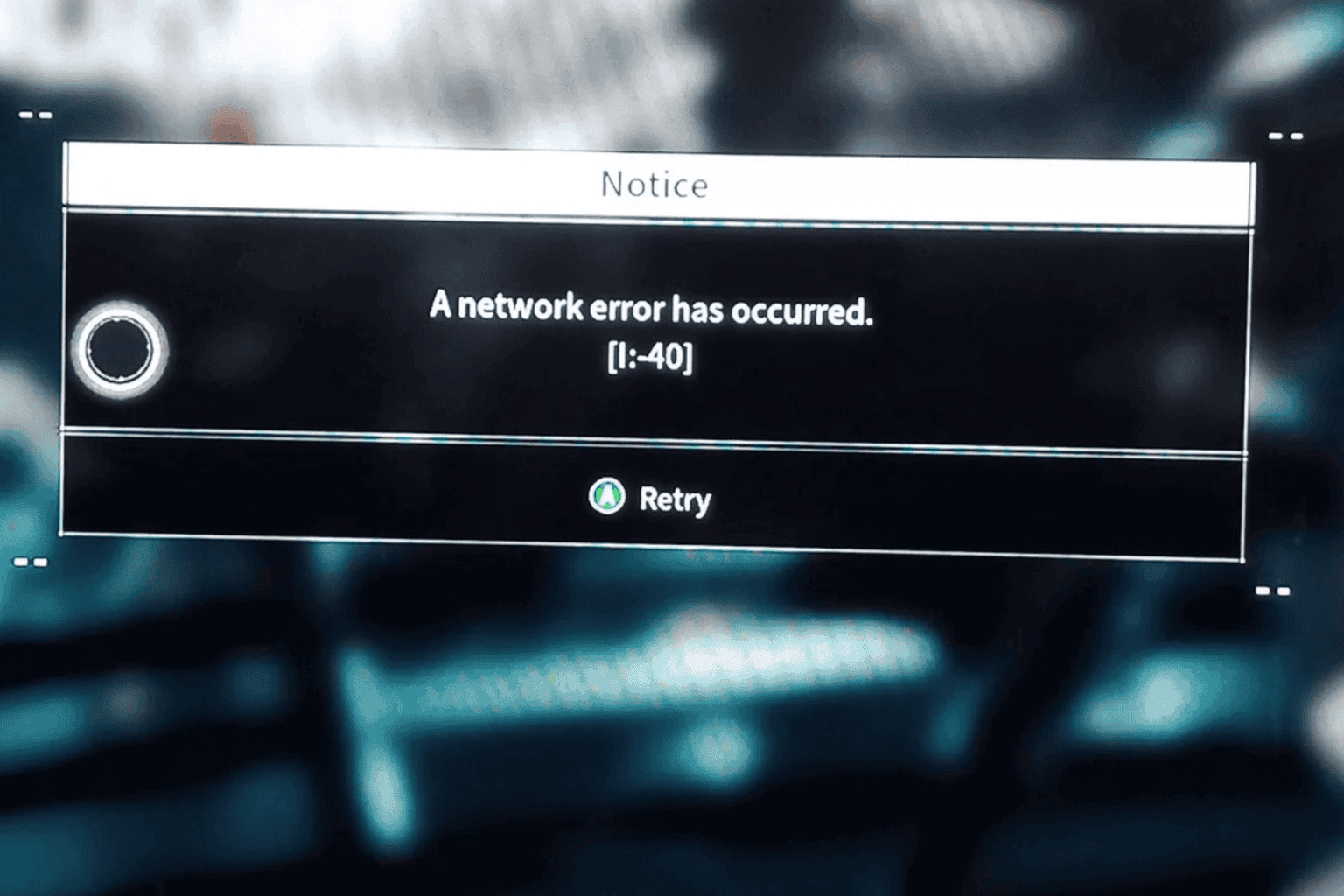
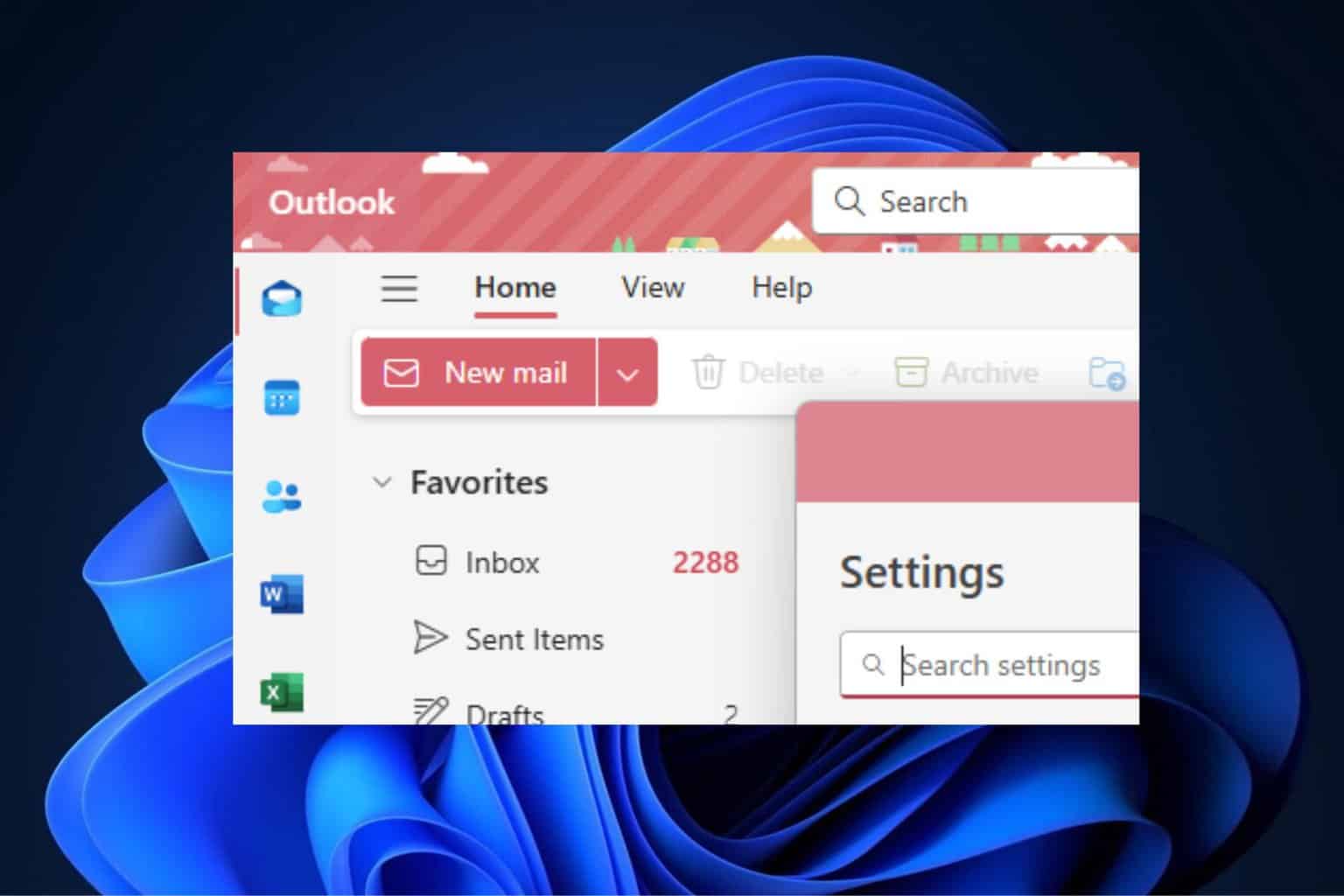
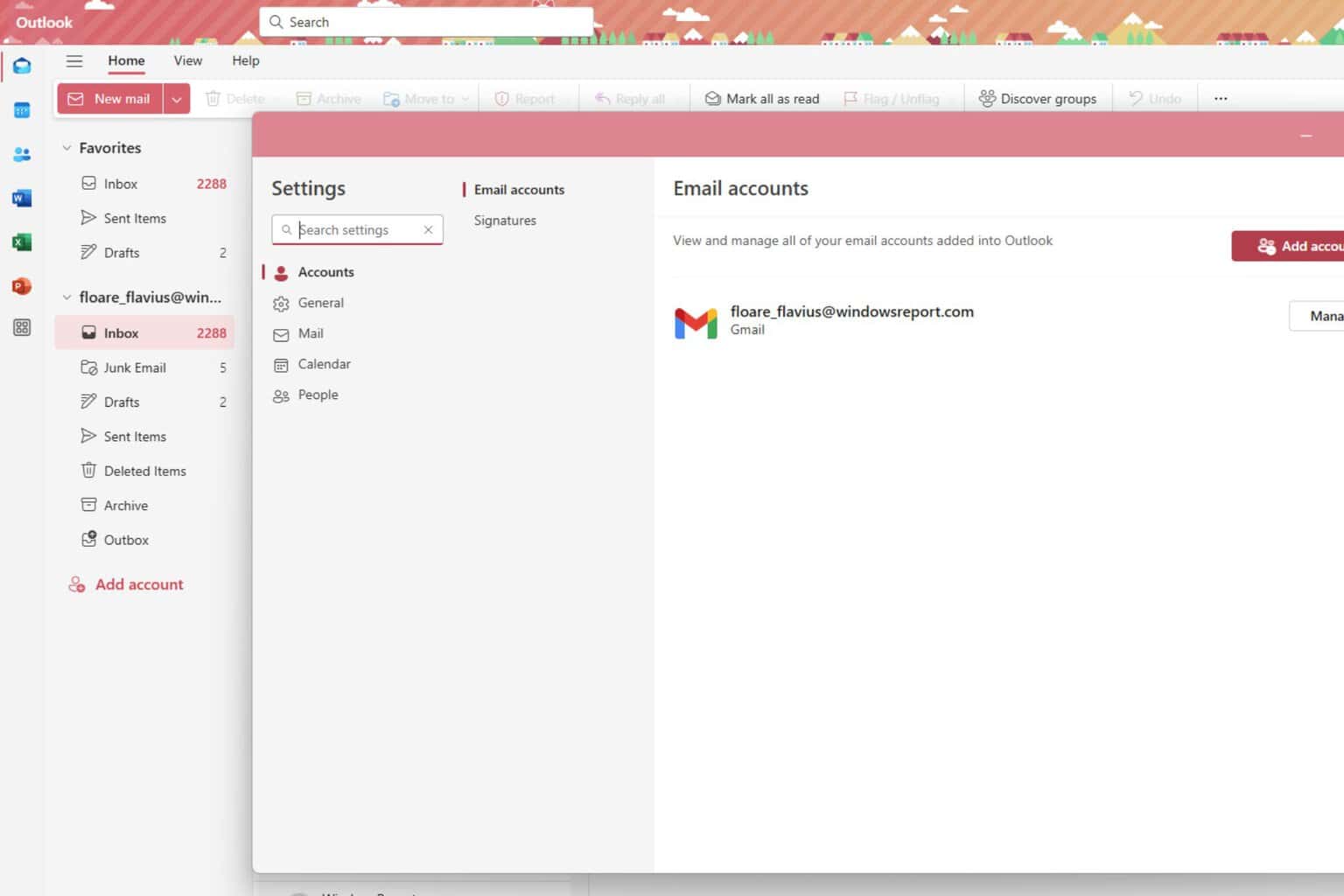
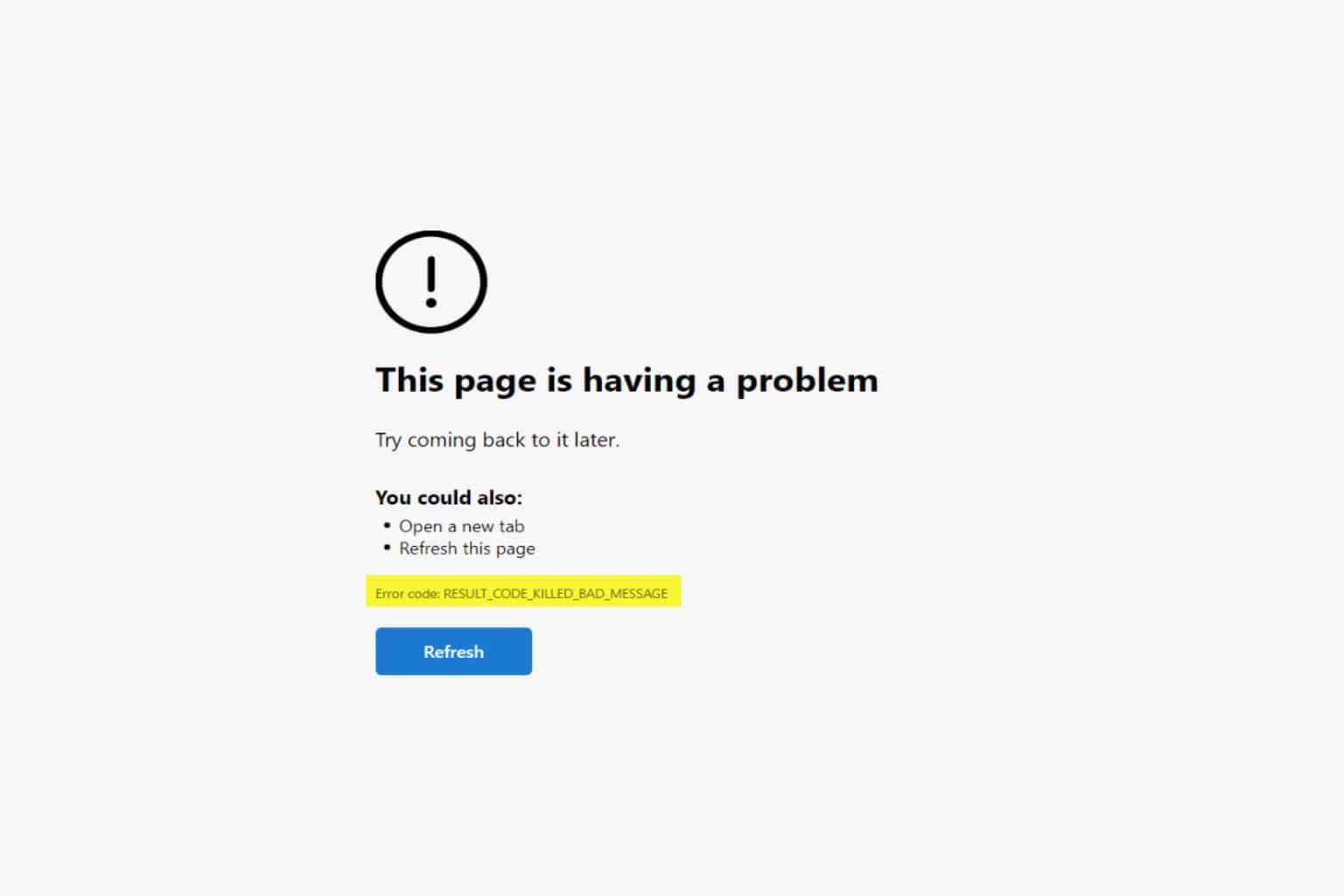
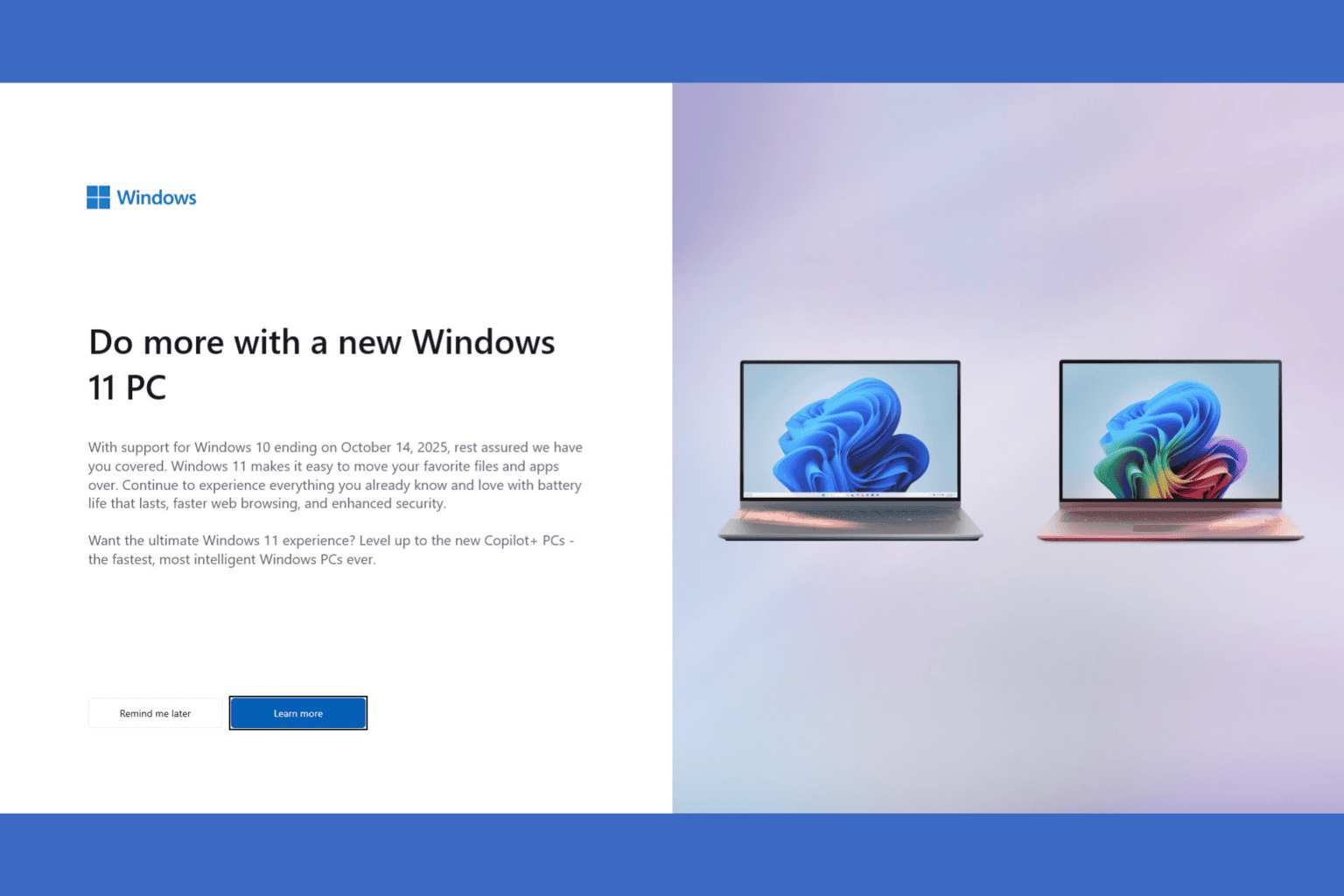
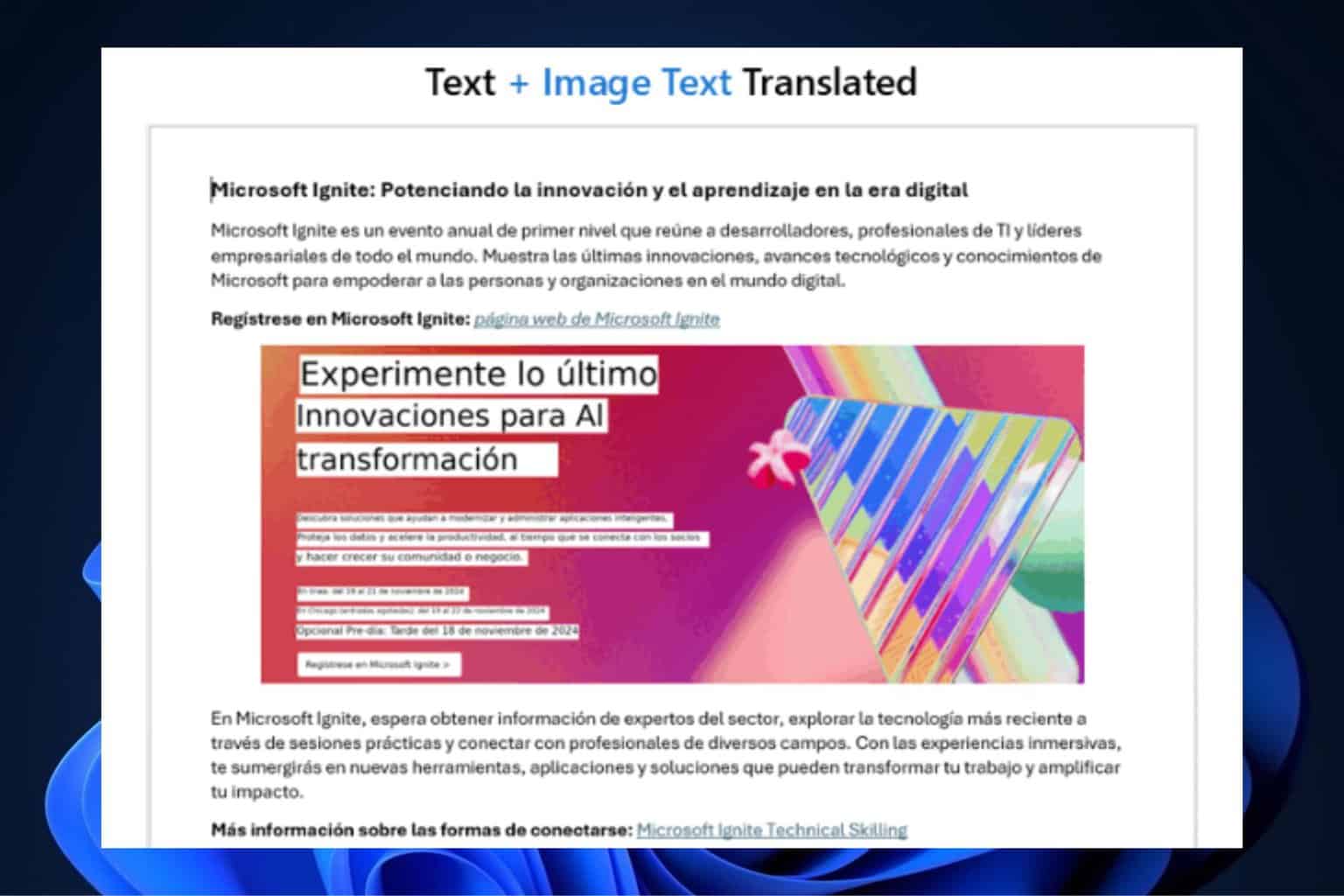

User forum
0 messages